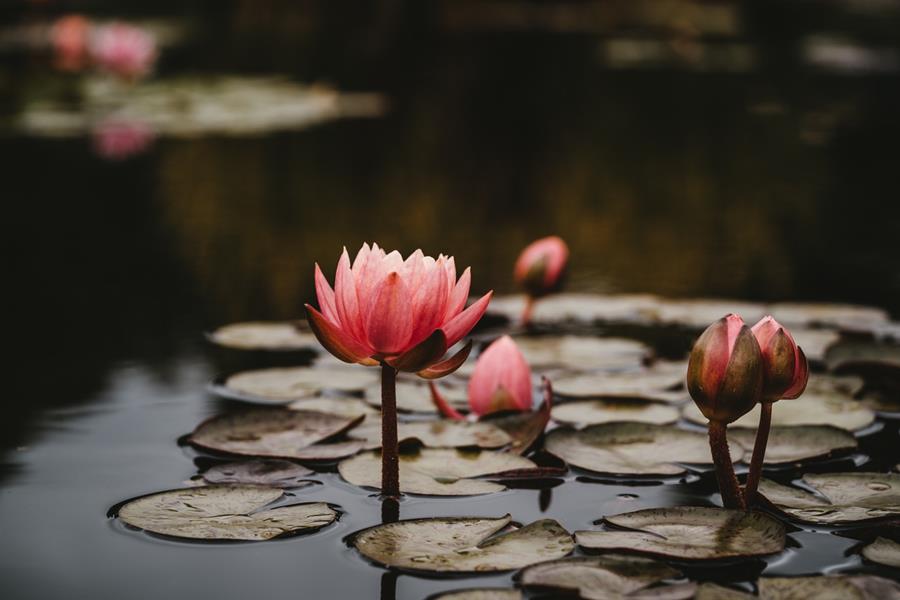
Amid losses that bewilder our counting and our hearts, and without an end date certain, we are in a moment of deep uncertainty. Like you, I am constrained by quarantine, tripped up by conditions I assumed and used to count on. I wonder, what is sacred in my forced retreat from the world? What practice offers itself to me? How from my position of privilege (I can work at home) do I support the world?
While the Buddha has been my source of inspiration for many years, it’s now his wife, Yasodhara, with whom I feel a deep kinship. She was a single mother left with her in-laws after the Buddha departed on his quest, and other than that, we know nothing. There is not one recorded word. Yet, what word can actually capture your experience, or mine? Isn’t the utter silence of Yasodhara the perfect complement to the thousands of pages of words the Buddha is reported to have spoken?
I can guess: She parented, most likely failing and succeeding in meeting her young son’s need for reassurance. She sorted her possessions. She managed her relations with her in-laws. She looked in a mirror. Perhaps she lived through a plague. She has been called “The One Who Stayed.” These private moments – we all have them too. Making my bed, pulling on clothes, pulling myself from my computer, moments that are unseen – can I be “The One Who Stays”? These practices feel the most real to me as I face an unknowable future.
To stay present, I need a spiritual community, as well as guidance and encouragement from teachers on the path. When I’m mindful, I join the mystery of Yasodhara’s silence, her breathing in and out through the pain or lack of resolution of the moment. This is the unrecorded path of the house-holder, staying ever-present with the tasks at hand: strengthening our democracy, working for racial justice and our planet, helping those whose lives are destroyed by COVID.
Let’s stay right here, in the silent intimacy of this moment.
